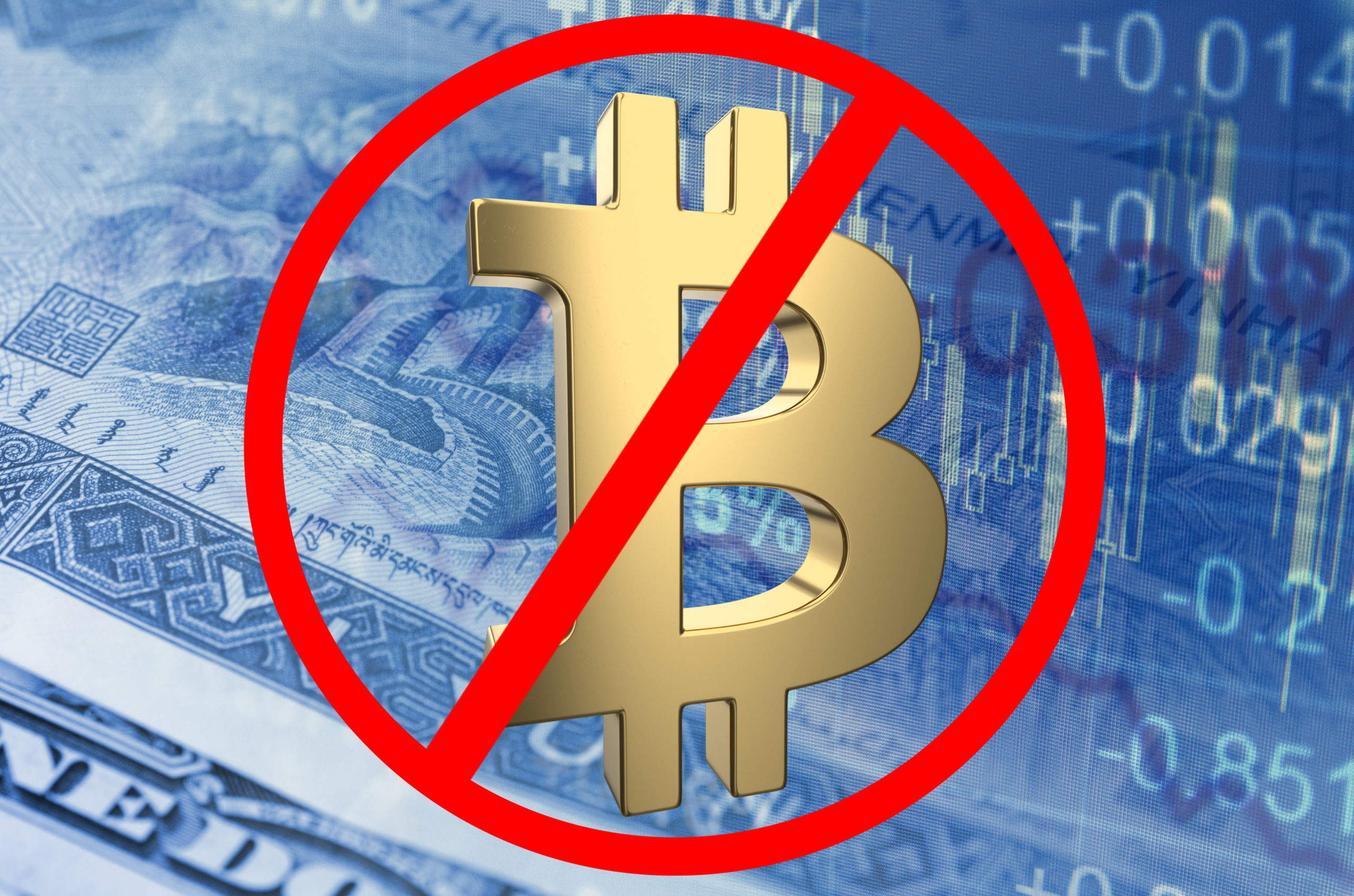Cryptocurrency from its birth has been a highly debatable and sensationalized topic. Bitcoin advocates claim innovation, empowerment, and more open markets. Then why do the government and citizens play a tug of war over a coin?
Bitcoin is a cryptocurrency introduced in 2008 by an anonymous group of people. It is a digital currency decentralized in nature. It does not have a central bank or an administrator. Transactions of bitcoin between two users take place over the peer-to-peer network. Bitcoin Revolution claims that it requires no middlemen or central authority to regulate its transactions.
1. Lack of a central regulating body – Governments of various countries have been wary of Bitcoin ever since its advent. At the very core of this reason is the fact that bitcoin does not involve any central regulating authority. Financial institutions are not able to control and regulate the flow of Bitcoin. The lack of being able to regulate Bitcoin is the primary reason governments are afraid of it.
2. Lesser control by governments – Conventional currency is monitored and tracked by governments. This enables the governments to regulate the profit-making bodies and decide where the profit flows. Conventional currency allows governments to collect taxes on them and track criminal activities. The government will lose control over all these aspects and will not be able to mediate its flow.
3. Requirement of the traditional banking system reduces – Bitcoin does not require the conventional banking system and does not comply with the existing policies. Bitcoins are created in cyberspace. User verification during transactions is performed by powerful complex algorithms that are created virtually. The creators are paid via cyber currency without involving any intermediaries. If people from across the world adopt bitcoin or other digital currencies then the entire banking system might become irrelevant and ultimately collapse.
Numerous problems can occur if the banking system becomes immaterial. No official body will exist to provide monetary assistance, loans, mortgages, and interests.
4. Loss of employment – The other big concern with banking systems becoming irrelevant is the loss of employment. Banking sectors across the globe employ a large section of society. Money transfer businesses and all other business units dependent on the global banking industry will eventually die out.
5. Increased criminal activities and malpractices – The cryptocurrency market and the bitcoin industry can easily attract criminals and result in an increased number of malpractices like money laundering and tax evasion. Since bitcoins flow in untraceable paths and transactions made through bitcoins cannot be overseen and regulated by any legal body, it can be a hub for an alarming number of criminal activities. Drug trafficking, money laundering, terrorism, human trafficking, and other illegal activities can benefit with the help of bitcoins.
6. Risky investments – There are huge risks involved in bitcoin investments due to the high valuation of bitcoin. High valuation, means a higher risk of failed investments.
Several countries have already banned bitcoin and deemed it illegal. China, Russia, Vietnam, Pakistan, and Saudi Arabia, and many other countries have prohibited bitcoin as a mode of payment and transaction for goods and services within its boundaries.
The foreseeable future of bitcoin as a mode of transaction in many countries across the world is uncertain. With many disadvantages surfacing with time, the status of its usage is unlikely to change any time soon.

